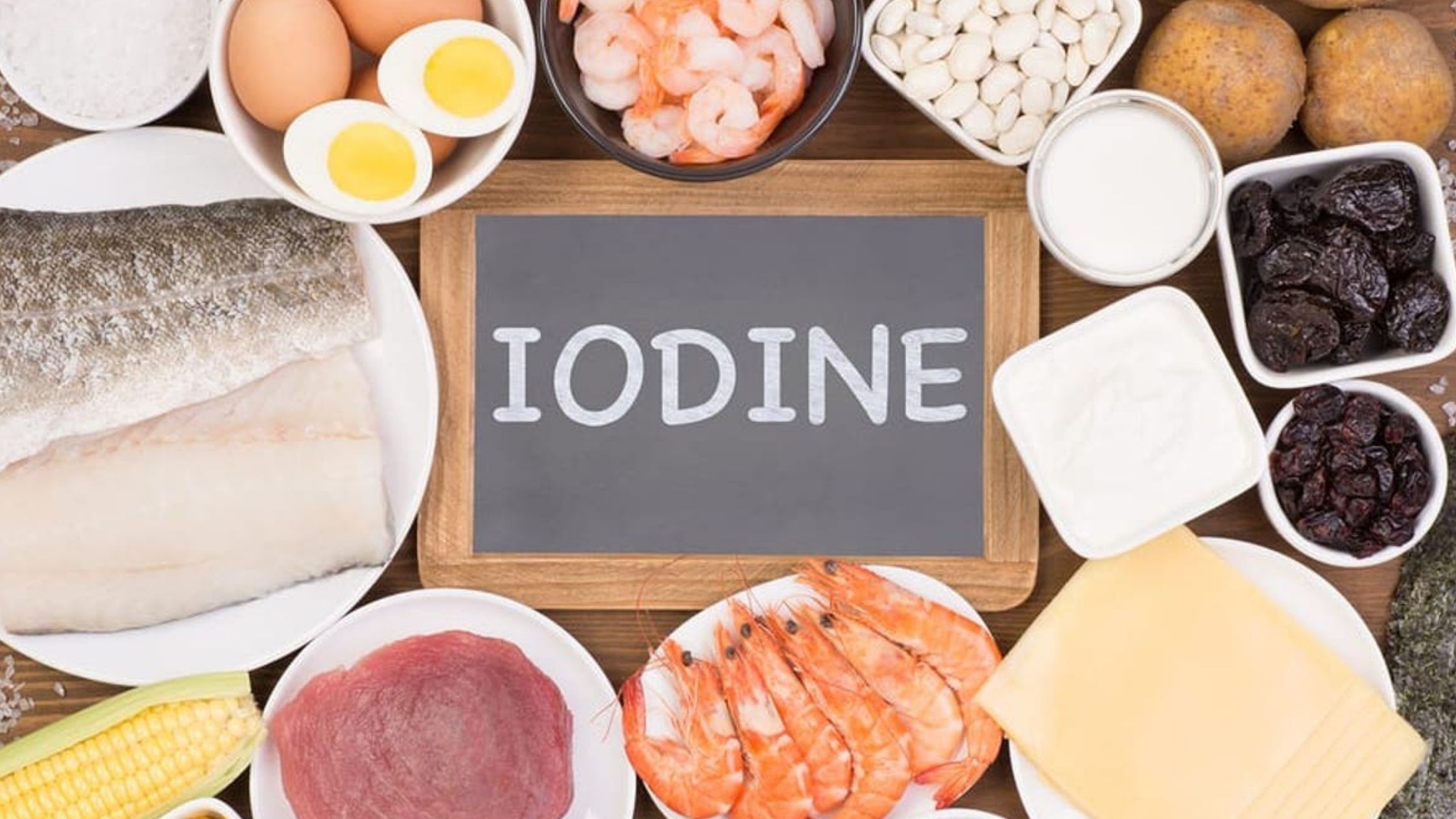Why iodine is so important for our body?

Iodine mostly heard about because of its fortification in salt is needed for the production of thyroid hormones. Iodine is required for growth and development in children, cognition, bone development, improving birth weight, and neurodevelopment of infants and fertility. Iodine deficiency can lead to goiter, hypothyroidism, and learning disabilities in children.
deficiency symptoms:
In adults the following symptoms might be seen:
- Weight gain
- Increased fatigue and lethargy
- Cold sensitivity
- Constipation
- Muscle cramps or muscle weakness
- Slow pulse rate
- Irregular periods
- Hair loss
- Mood swings or depression
In children, the following symptoms are seen:
- Difficulty concentrating or paying attention
- Low cognition
- Delayed growth (short stature)
- Delayed puberty
- Hoarse cry
- Slow reflexes
Sources: Highest sources of Iodine include seafood like shrimps, fishes like salmon and tuna, Iodized salt, milk, eggs. Intake should be not more than 1.1-1.2 mg per day. Increased iodine intake increases the risk of toxicity; hence do consult a doctor before consuming high dosages.
Foods that interfere with Iodine absorption:
There are certain foods that interfere with Iodine absorption called goitrogens. For efficient absorption of Iodine, avoid consuming foods containing goitrogens along with foods that contain good levels of Iodine. Some foods interfering with Iodine absorption are:
- Cruciferous vegetables like cabbage, cauliflower, brussels sprouts, broccoli, kale, and spinach and foods like soya, peanuts.
- Reduce consumption of fried and processed foods as they might interfere with thyroid activity.
- Avoid excess fiber consumption as it can lower the effectiveness of certain medications prescribed for hypothyroidism.

